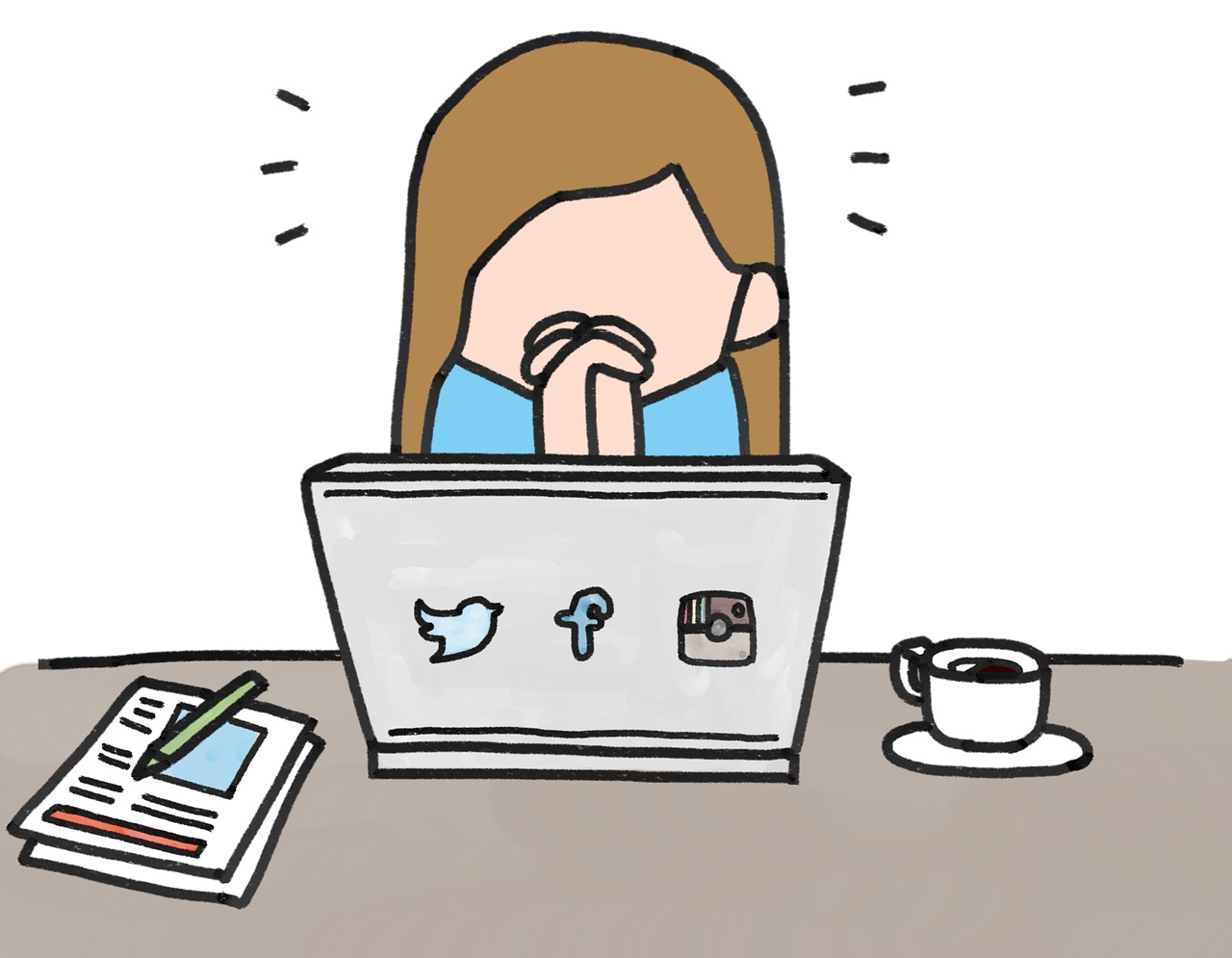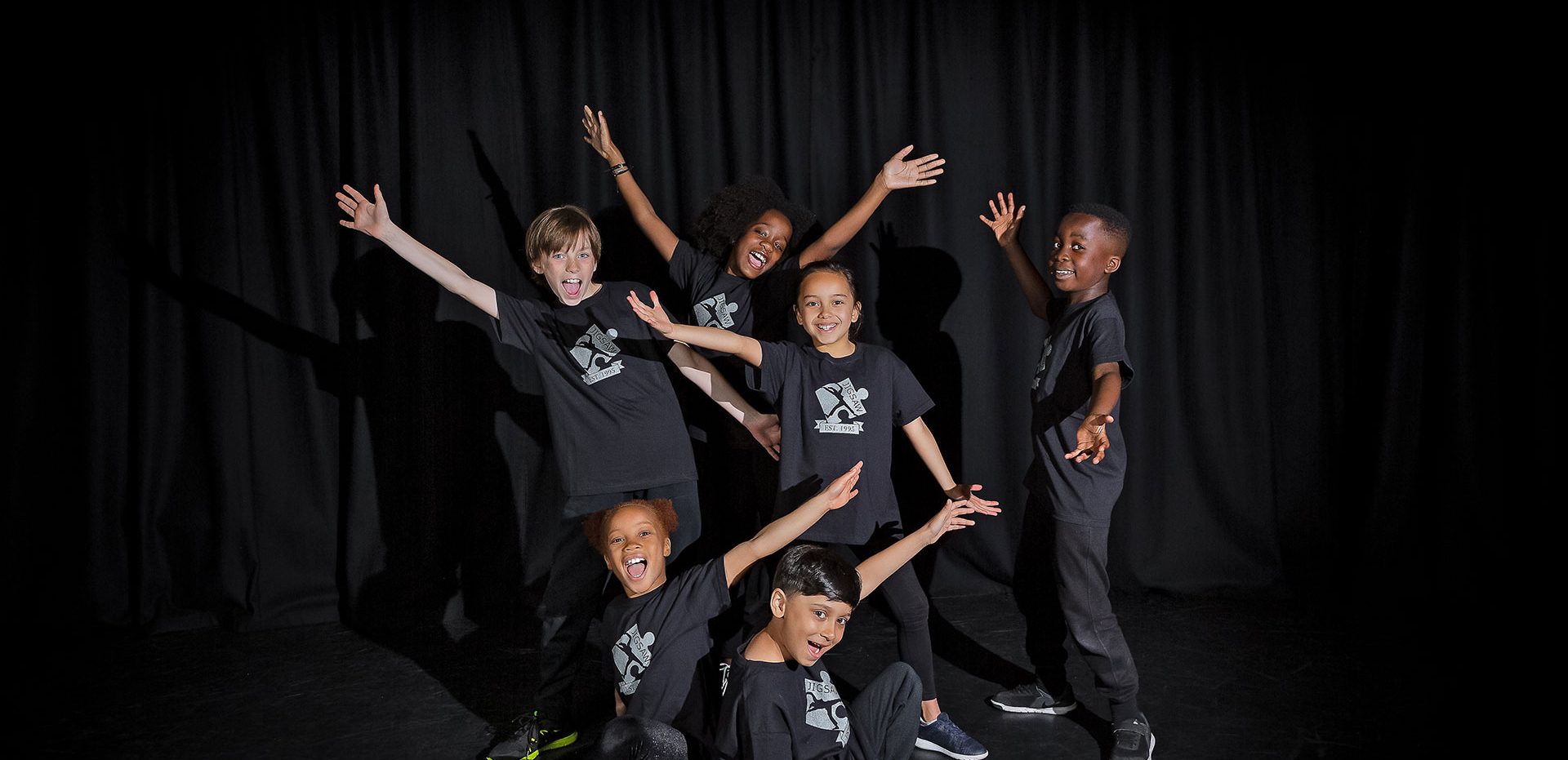What Can Parents Do About Internet Safety?
- Published Date: February 11, 2020

The 11th February 2020 is Safer Internet Day.
The internet can be a great tool. For us at Jigsaw, it can be a great way of hearing about new shows, finding lyrics to sing along to our favourite songs, and keeping up with or sharing the great things Jigsaw students (and former students!) are up to.
It’s also an often necessary part of life and work. So, given that children are going to use the internet, how can we help make their experiences safer?
Existing tools
Big tech companies like Google and Apple have introduced features (‘Family Link’ and ‘Family Sharing’ respectively) that allow parents to place boundaries on what their children can access on their devices.
However, these have limits, often relying on mysterious ‘algorithms’ or creators’ own age-ratings to determine what is and isn’t appropriate.
These companies can also be reluctant to change as it would cost them money. Regulators and governments can struggle to keep up.
In September 2019 in America, YouTube was hit by a fine for violating children’s privacy. As a result, the platform now makes a distinction between general videos and those directed towards children, which don’t have comments or serve personalised ads.
Still, the responsibility is mostly on the creator and uploader to make this distinction. And while YouTube has its own special app for children, YouTube Kids, this doesn’t guarantee that everything that appears on the app is child-friendly.
Internet providers – BT, Sky, TalkTalk and Virgin – have their own parental controls too.
While these options are useful, parents can’t rely on technical solutions alone.
Internet safety is an ongoing conversation
The internet can often be unpredictable and vast, and internet safety, at least from a parent’s perspective, can seem like a never-ending task. Parents can’t monitor their children all the time – online or offline! – so they have to work together for internet safety.
1. Begin by listening
Ask about what they do and enjoy online, what they share and who they share with, and what problems they might face online (or have faced already).
There are plenty of guides to help you begin this conversation. For example, the NSPCC website has some good approaches for how to start a conversation with your children about online safety. The UK Safer Internet Centre also has some tips for parents as well as for children, broken down by age and videos
2. Help develop their critical thinking skills
Being able to think critically about what we see and read online will only become a more valuable skill in our increasingly digital and connected society. Talk about how you can tell if something – or someone – is trustworthy.
3. Look at privacy options together
They can be a bit complex, but most social networks have options for who you share your data with and how. Remind them to regularly check their friends list and, if they’re in doubt, to check with them in real life first before accepting a request from someone who appears to be their friend.
4. Check in regularly
It’s an ongoing conversation, especially as devices and online platforms can change or appear so rapidly (e.g. TikTok’s rapid growth in popularity). Parents can risk letting that generation gap widen unless they keep the conversation going and let their children know that they can come to them with any problems or questions.
Jigsaw Performing Arts is dedicated to developing performance skills, promoting self-expression and building confidence. We offer performing arts classes for children aged between 3 – 18. Find your nearest school by entering your postcode into the search on our home page.

